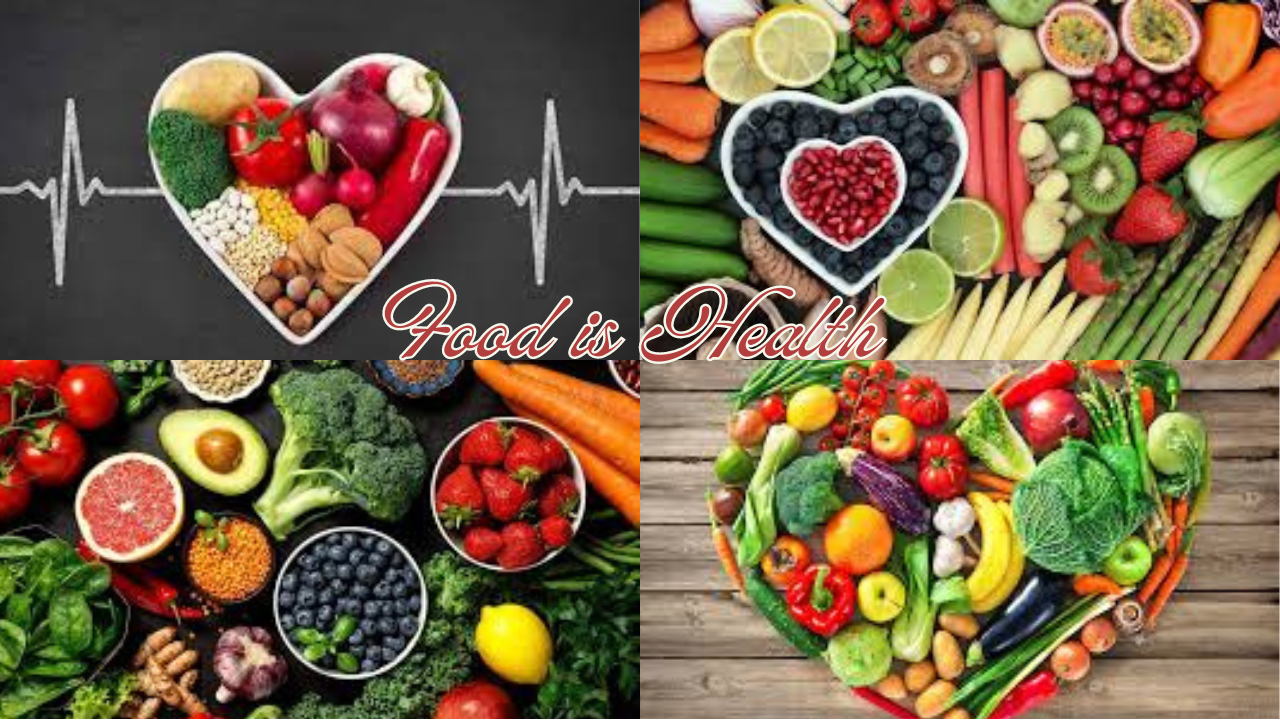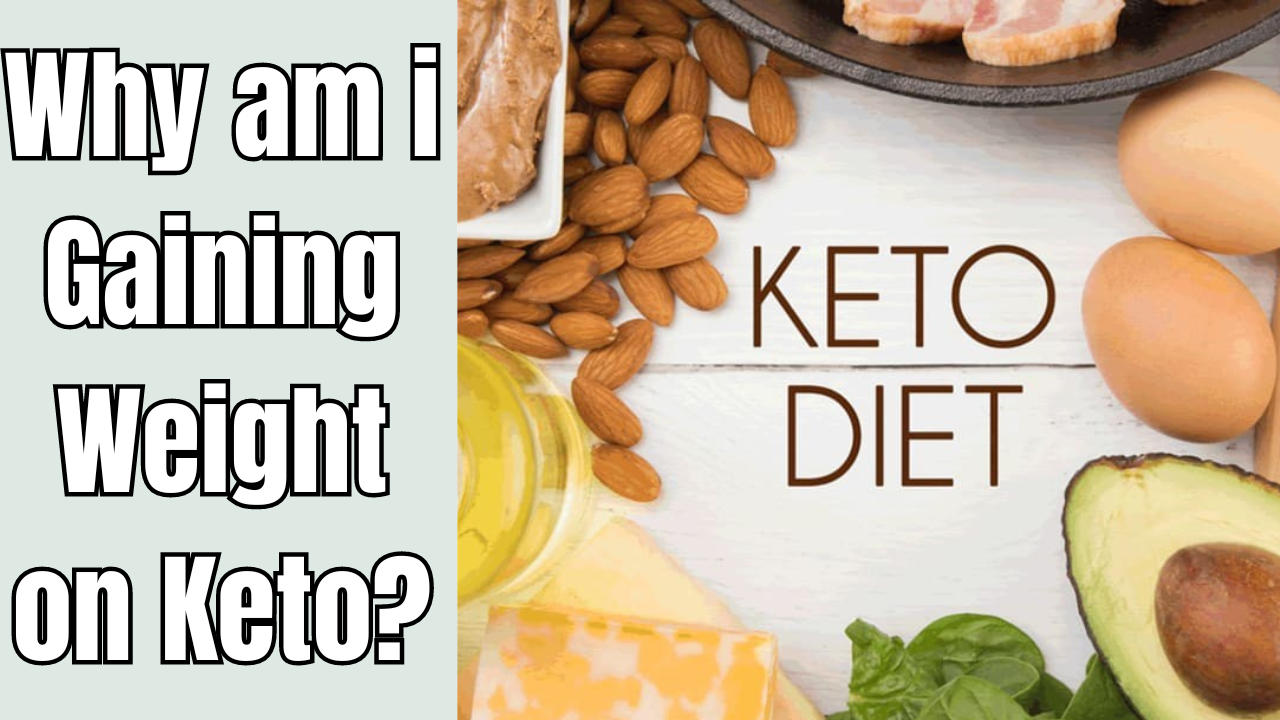Table of Contents
ToggleFood is Health
Food is health. This succinct remark captures the significant influence that our food choices have on our general health. From providing essential nutrients to supporting our immune system, the food we consume plays a crucial role in maintaining our health. This thorough book will dispel common misconceptions, explain how various foods affect our physical and mental health, and provide helpful advice on how to include healthier options in your regular diet.
The Science Behind Food and Health

Nutritional Components
Understanding the basic nutritional components of food is the first step toward making healthier choices.
- Macronutrients
- Carbohydrates
- Proteins
- Fats
- Micronutrients
- Vitamins
- Minerals
How Nutrients Affect Your Body
- Carbohydrates: Give your brain and everyday tasks enough energy.
- Proteins: Are essential for muscle repair, hormone production, and immune support.
- Fats: Necessary for cell function, nutrient absorption, and brain health.
- Vitamins and Minerals: Support various bodily functions, including bone health, energy production, and immune defense.
The Role of a Balanced Diet
Consuming a well-balanced diet is necessary to maintain good health. It entails consuming macro- and micronutrients in the proper amounts.

Building a Balanced Plate

- Fruits and vegetables: To guarantee a diversity of nutrients, aim for a variety of colors.
- Whole Grains: To get the benefits of fibre and other nutrients, choose whole grains versus refined grains.
- Proteins: Include a mix of plant-based and animal-based proteins.
- Healthy Fats: Opt for sources like avocados, nuts, seeds, and olive oil.
Portion Control
Understanding portion sizes can help prevent overeating and ensure you’re getting the right amount of nutrients.
Common Myths About Food is Health

Myth 1: All Fats Are Bad
Not every fat is bad for you. A balanced diet should contain healthy fats, including those in avocados and olive oil, as they are good for the heart.
Myth 2: Carbs Make You Gain Weight
Carbs are necessary for energy to exist. Making the right choice of complex carbohydrates—like whole grains—and staying away from processed sweets are essential.
Myth 3: Supplements Can Replace Food
Supplements should not be used in place of entire meals, even though they can assist close nutritional gaps.Nutrients found in whole foods combine in a synergistic way that pills cannot.
Practical Tips for Healthy Eating
Planning Your Meals
Making better decisions and avoiding unhealthy options at the last minute can be achieved with meal planning.
- Make a Weekly Plan: Decide your meals ahead of time to ensure a balanced diet.
- Prep Ingredients in Advance: This saves time and reduces the temptation to choose unhealthy options.
Smart Grocery Shopping
- Stick to the Perimeter: Most fresh, whole foods are found on the outer edges of grocery stores.
- Read Labels: Look for hidden sugars, unhealthy fats, and unnecessary additives.
Cooking at Home
Eating properly is made easier when you prepare your own food since you have more control over the ingredients and cooking techniques.
- Use Healthy Cooking Methods: Opt for grilling, baking, steaming, or sautéing instead of frying.
- Experiment with spices and herbs :Improve flavour without using more sugar or salt.
The Impact of Food on Mental Health
The increasing evidence points to a connection between mental health and diet. Certain foods have been shown to enhance mood and cognitive performance.

Foods That Boost Mental Health
- Omega-3 Fatty Acids: These fats, which are present in walnuts, flaxseeds, and fish, are believed to promote brain function.
- Antioxidant-Rich Foods: Berries, dark chocolate, and leafy greens can help protect brain cells from damage.
- Fermented Foods: Yogurt, kefir, and kimchi support gut health, which is linked to mental well-being.
Adapting Your Diet for Different Life Stages
Our nutritional needs change throughout life. Understanding these needs can help you make better dietary choices at every stage.
Childhood
Focus on nutrient-dense foods to support growth and development.
Adolescence
Increased energy needs and nutrient requirements due to growth spurts.
Adulthood
Maintain a balanced diet to support long-term health and prevent chronic diseases.
Older Adults
Focus on nutrient-rich foods to maintain muscle mass and bone health, and support cognitive function.
FAQs About Food Is Health
Q: What Are the Best Foods for Overall Health?
- Leafy Greens: Are packed with vitamins and minerals.
- Berries: Are high in antioxidants.
- Nuts and Seeds: Are great sources of healthy fats and protein.
- Whole Grains: Provide fiber and essential nutrients.
Q: How Can I Eat Healthier Without Breaking the Bank?
- Buy in Bulk: Grains, beans, and nuts are often cheaper when purchased in larger quantities.
- Seasonal Produce: Fresher and more reasonably priced fruits and vegetables are typically in season.
- Cook at Home: Preparing meals at home is generally more cost-effective than eating out.
Q: Can Diet Affect My Mood?
Yes, a balanced diet rich in nutrients can positively impact your mood. Foods like omega-3 fatty acids, antioxidants, and fermented foods have been shown to support mental health.
Q: Is It Possible to Eat Healthily and Still Enjoy My Favorite Foods?
Yes, moderation is key. It’s important to enjoy your favorite foods without guilt. You may maintain a healthy diet without feeling deprived by weighing healthy selections against decadent items and paying attention to portion sizes.
Q: What Are the Benefits of Organic Foods?
Genetically modified organisms (GMOs) and synthetic fertilizers and pesticides are not used in the cultivation of organic food. They might have fewer chemicals and higher concentrations of some nutrients. Opting for organic food might additionally promote ecological sustainability.
Q: What Is the Role of Fiber in a Healthy Diet?
Digestion, intestinal health, and a decreased risk of chronic diseases are all facilitated by fiber. It also helps you feel full, which can aid in weight management. Include both soluble and insoluble fiber sources, such as fruits, vegetables, whole grains, and legumes





